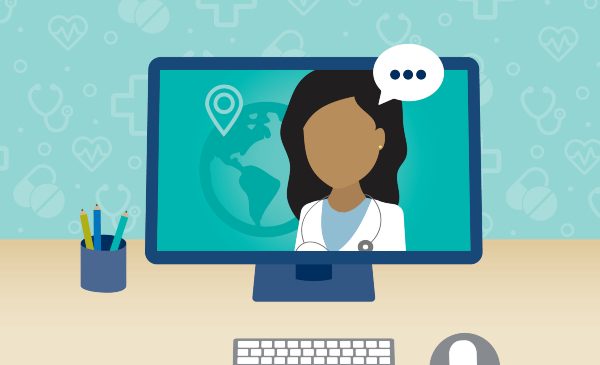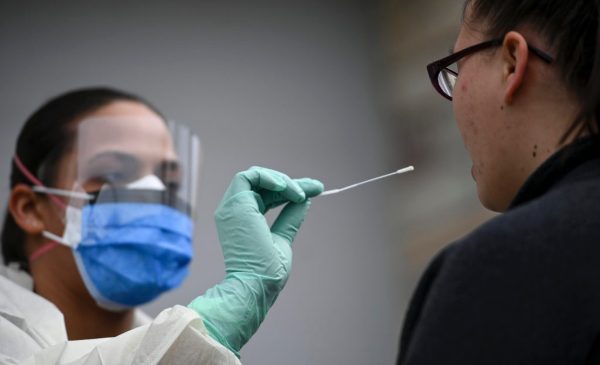Chicago Federally Qualified Health Centers Capacity Report
Introduction
Note: this report is an effort of the HPA593 Social Vulnerability Group at the University of Illinois at Chicago (UIC) School of Public Health.
A team of undergraduate students reached out all federally qualified health centers (FQHCs) in Chicago between March 19 and March 24 to identify telehealth and testing capacity, to create a coordinated and organized response to combating COVID-19. In particular, FQHCs are designed to provide primary care for underserved communities. During the pandemic, non-COVID patients should be able to receive care from FQHCs. However, FQHCs still need to be able to identify COVID-19 symptoms in order to be able to safely provider care for non-COVID-19 patients.
There are more than 160 FQHC clinics in Chicago. The team identified 11 networks and 2 clinics that have varying levels of preparedness to respond to the pandemic.
See the complete list of clinics with telehealth and testing capacity at the links below.
Issues for FQHCs providing care during COVID-19
- Very few clinics have Emergency Response Plans for the influx of symptomatic patients concerned about COVID-19. Currently, the only networks with relatively comprehensive plans are Esperanza Health Centers and Heartland Health Centers
- Most clinics are affected by a severe decrease in revenue, which has resulted in staff layoffs.
- Clinics capable of testing started with internal patients but are either running out of test kits or have stopped testing.
- Some clinics are setting up teleheath operations, but many clinics do not have capacity to start telehealth.
- There is no communication between clinics and local hospitals.
- There is no publicly accessible information that shows where non-COVID patients can receive primary care due to clinic closures.
Plan of Action
Our findings suggest that the following steps should be taken to improve access to care at FQHCs.
- Create a public resource that makes seeking advice and care accessible and straightforward.
- Identify and share existing Emergency Response Plans from FQHCs.
- Develop a uniform FQHC Emergency Response Plan for the city.
- Build a system to hold FQHCs accountable for their responsibility of providing primary care for underserved communities.
More information about federally qualified health centers
About the authors
Nidhi Khare is a BA in Public Health student at the UIC School of Public Health.
Ishan Bhatia is a BA in Public Health student at the UIC School of Public Health.
Ariel Trocino is a 2017 graduate of the MPH in Health Policy and Administration program at the UIC School of Public Health.
The following students in the BA in Public Health program contributed to this report:
Shreyas Shastri, Feda Taha, Marina Tecuanhuey, Giann Munar, Rimsha Naseer, Barbra Nowak, McKelti Goodrich, Laura Reyes, Hoda Mohamadien, Saleh Hujaji and Sharon Reyes.

